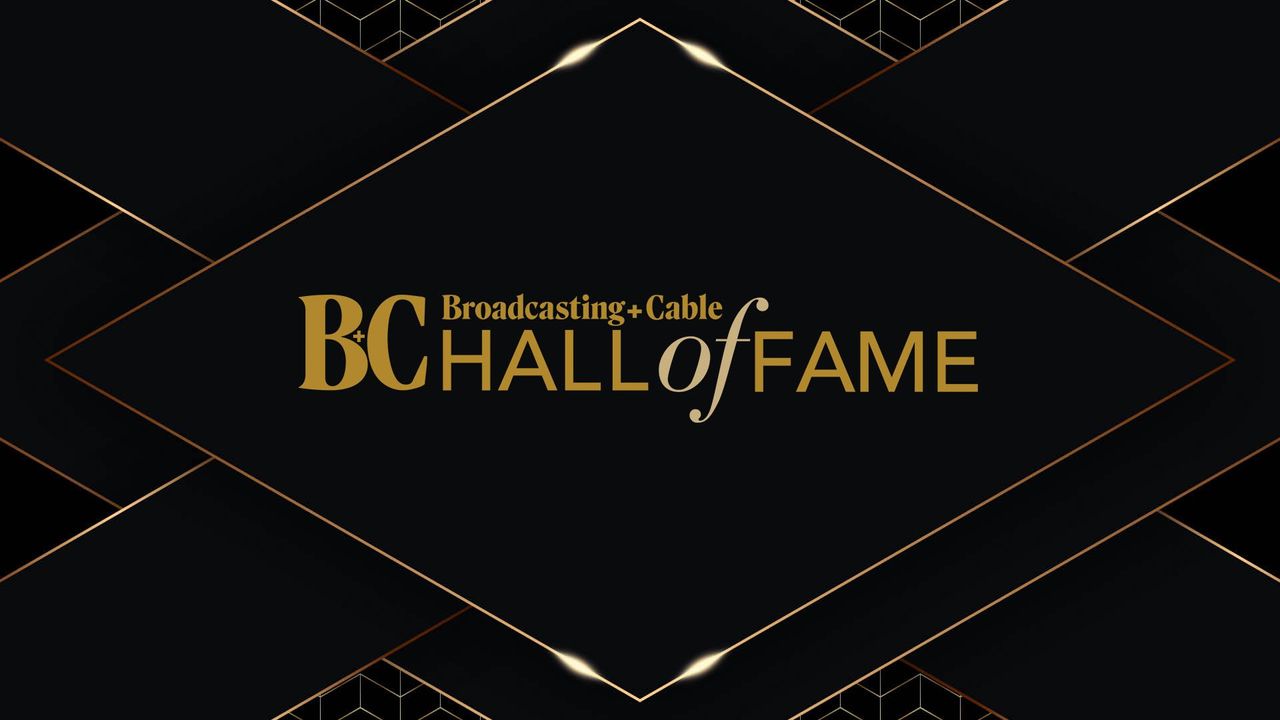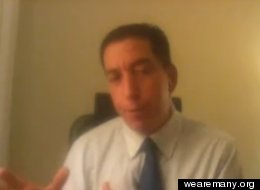Joe Biden Asks Ecuador To Turn Down Edward Snowden Asylum Request
Saturday, June 29, 2013
The administration hides the extent of its “incidental” surveillance of Americans behind fuzzy language. When Congress reauthorized the law at the end of 2012, legislators said Americans had nothing to worry about because the surveillance could not “target” American citizens or permanent residents. Mr. Clapper offered the same assurances. Based on these statements, an ordinary citizen might think the N.S.A. cannot read Americans’ e-mails or online chats under the F.A.A. But that is a government fed misunderstanding.
A “target” under the act is a person or entity the government wants information on — not the people the government is trying to listen to. It’s actually O.K. under the act to grab Americans’ messages so long as they are communicating with the target, or anyone who is not in the United States.
Leave aside the Patriot Act and FISA Amendments Act for a moment, and turn to the Constitution.
The Fourth Amendment obliges the government to demonstrate probable cause before conducting invasive surveillance. There is simply no precedent under the Constitution for the government’s seizing such vast amounts of revealing data on innocent Americans’ communications.
The government has made a mockery of that protection by relying on select Supreme Court cases, decided before the era of the public Internet and cellphones, to argue that citizens have no expectation of privacy in either phone metadata or in e-mails or other private electronic messages that it stores with third parties.
This hairsplitting is inimical to privacy and contrary to what at least five justices ruled just last year in a case called United States v. Jones. One of the most conservative justices on the Court, Samuel A. Alito Jr., wrote that where even public information about individuals is monitored over the long term, at some point, government crosses a line and must comply with the protections of the Fourth Amendment. That principle is, if anything, even more true for Americans’ sensitive non-public information like phone metadata and social networking activity.
We may never know all the details of the mass surveillance programs, but we know this: The administration has justified them through abuse of language, intentional evasion of statutory protections, secret, unreviewable investigative procedures and constitutional arguments that make a mockery of the government’s professed concern with protecting Americans’ privacy. It’s time to call the N.S.A.’s mass surveillance programs what they are: criminal.
http://www.nytimes.com/2013/06/28/opinion/the-criminal-nsa.html?pagewanted=all&_r=2&
Read the Article at HuffingtonPost










